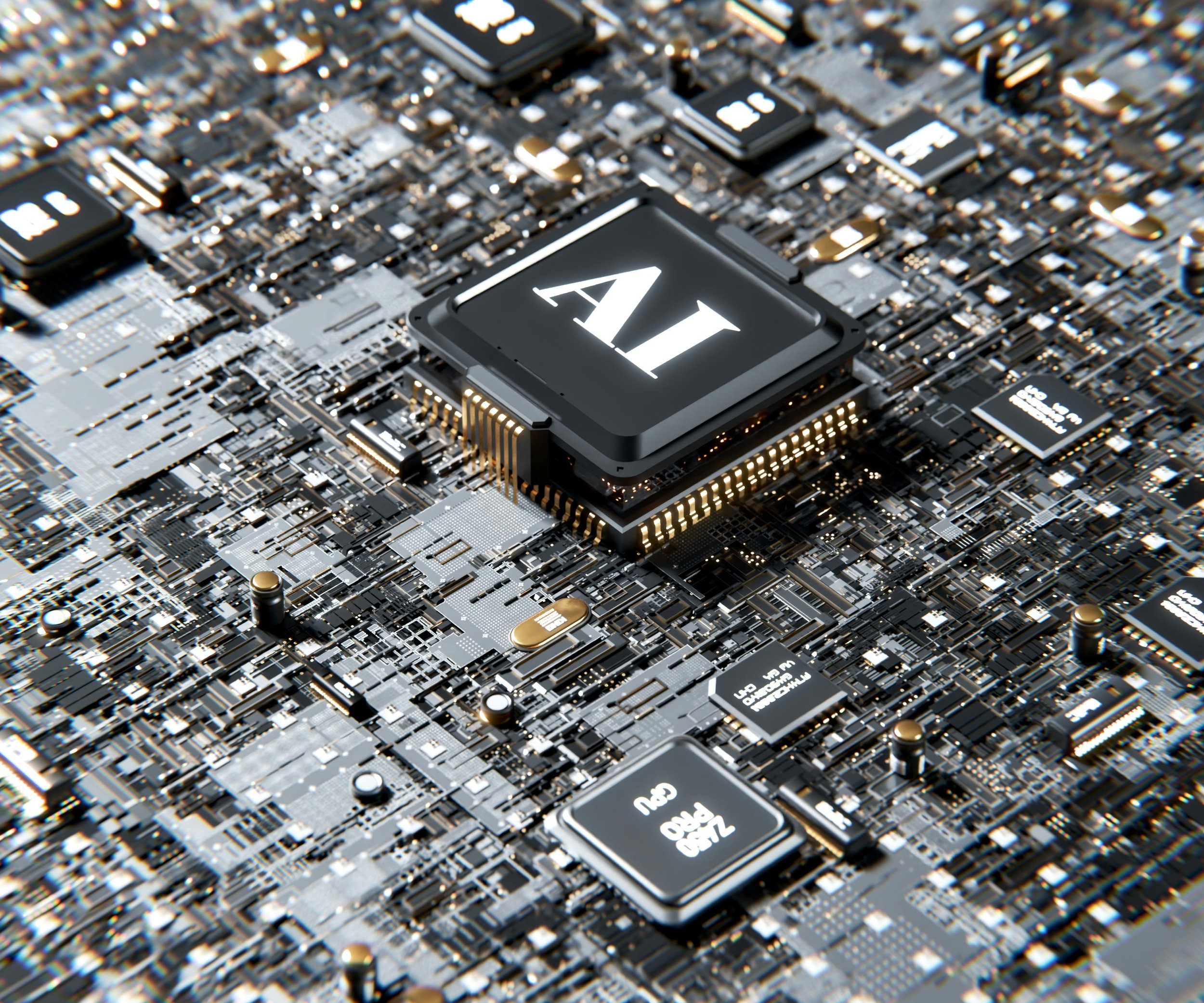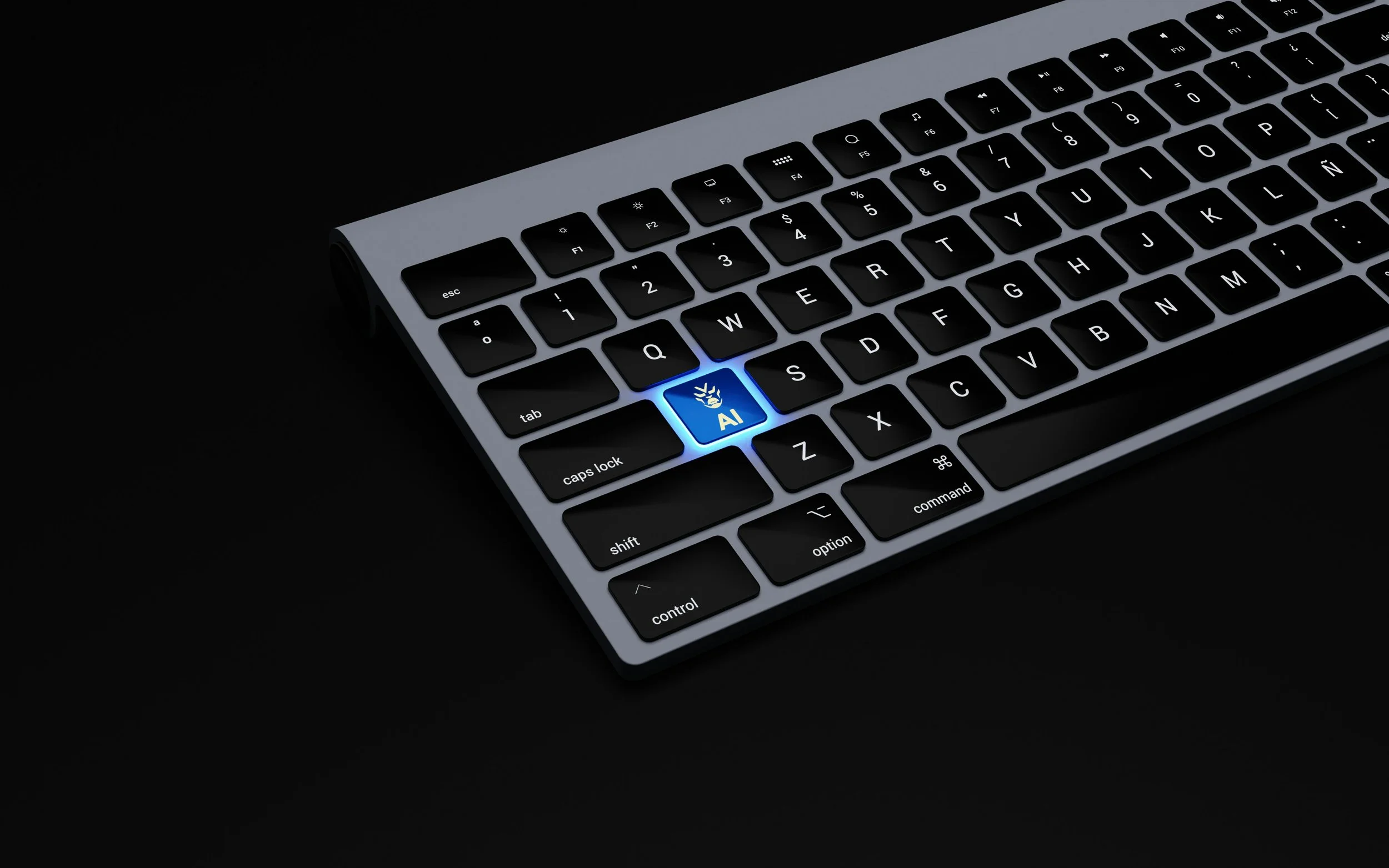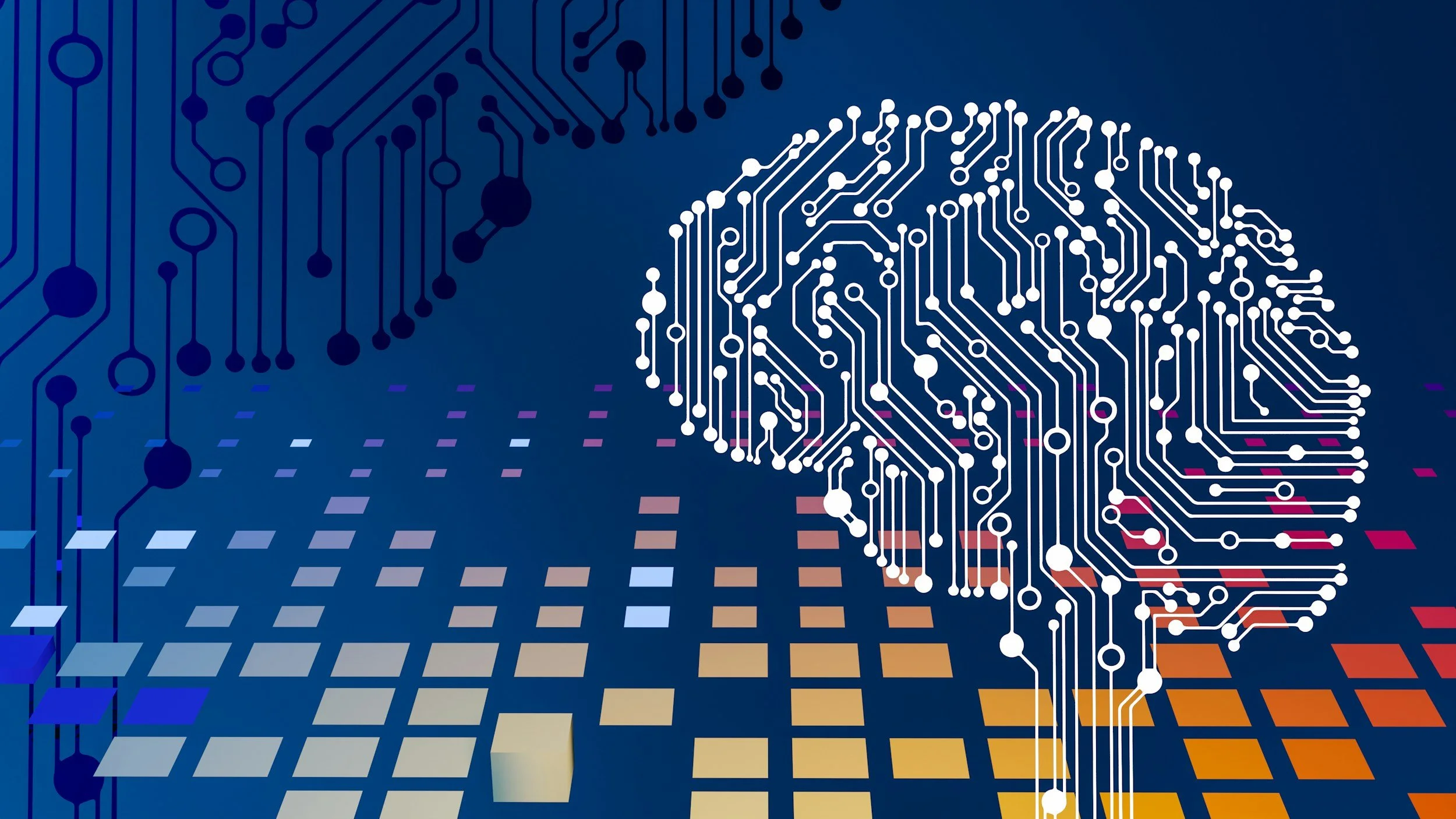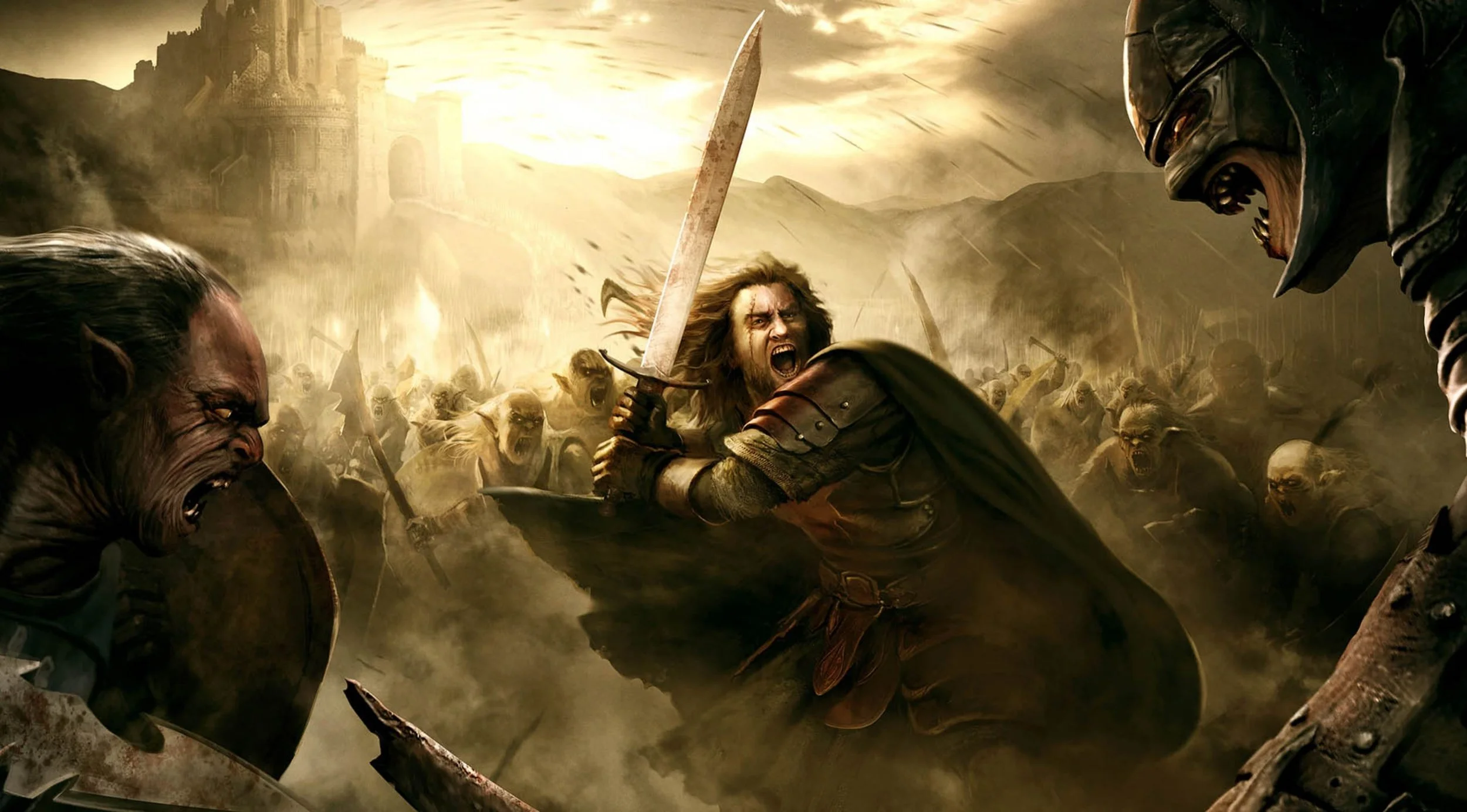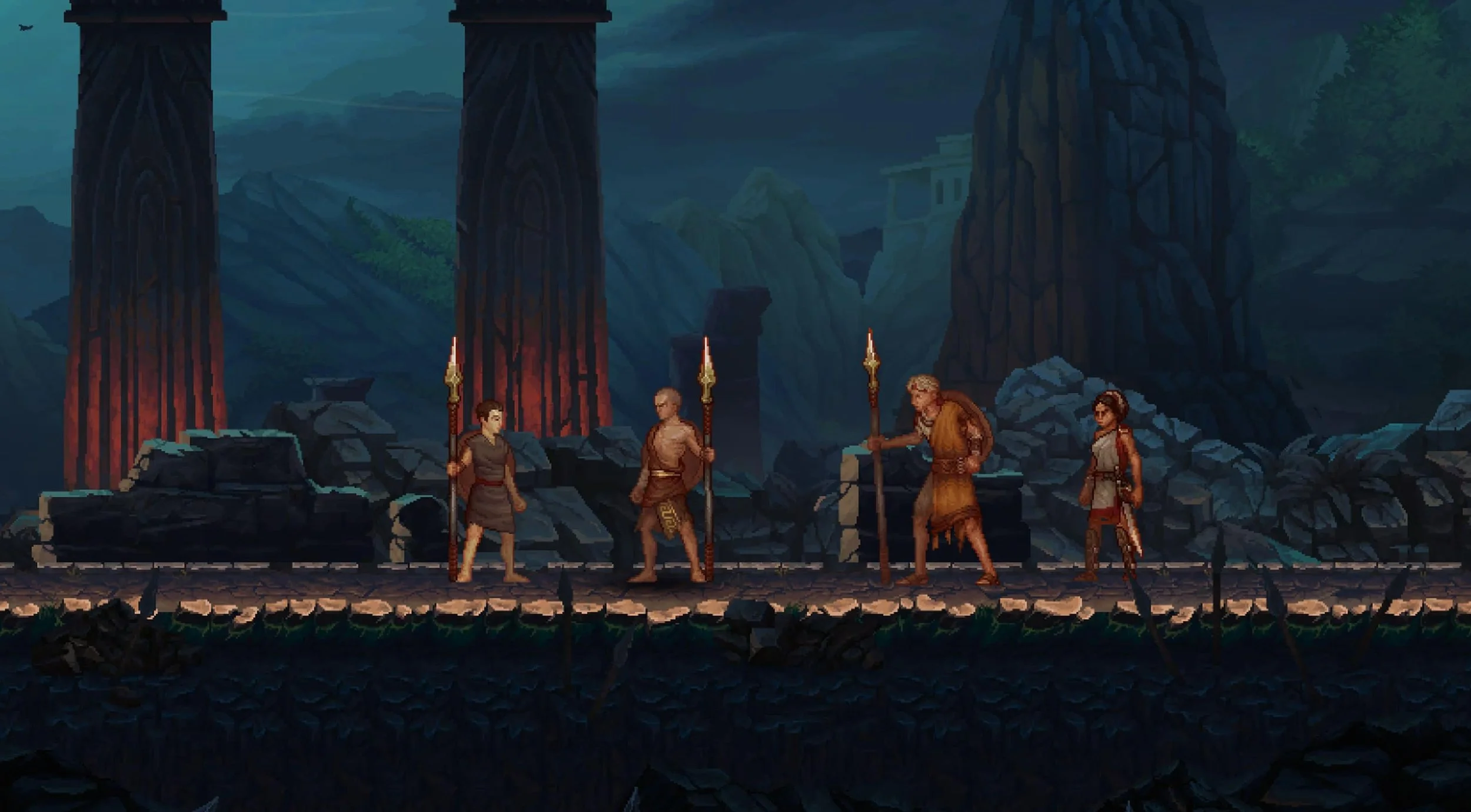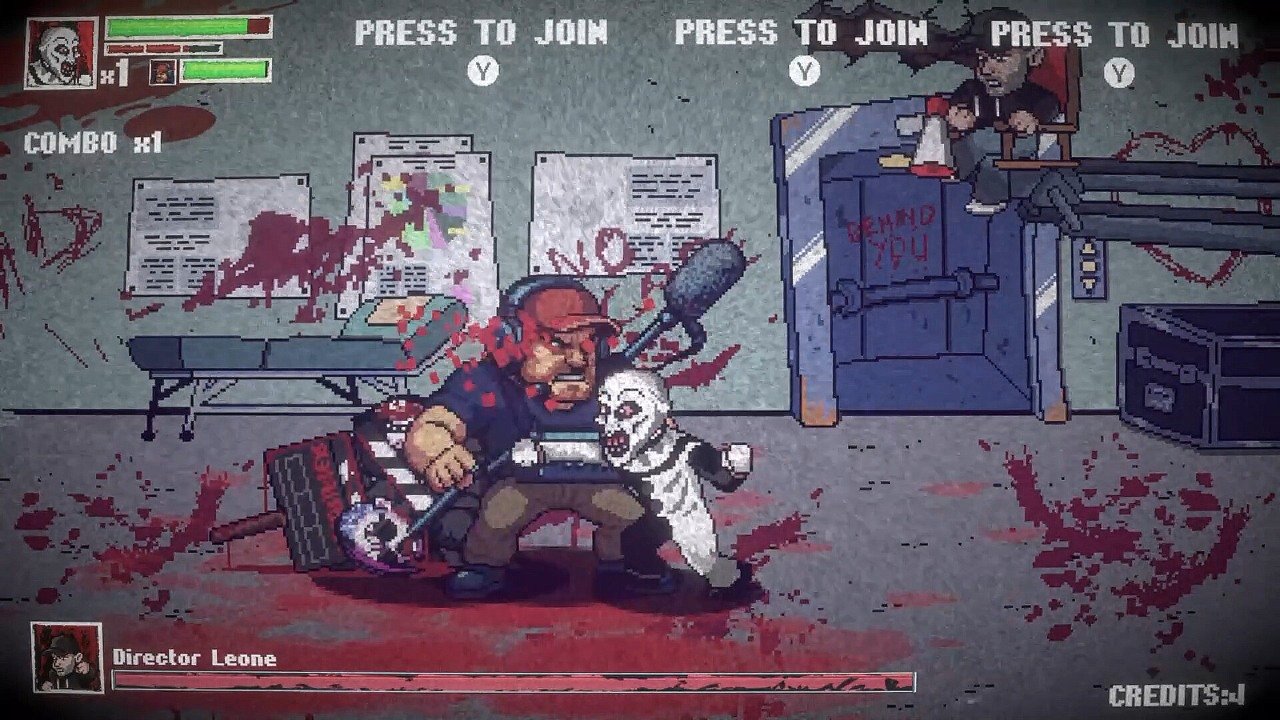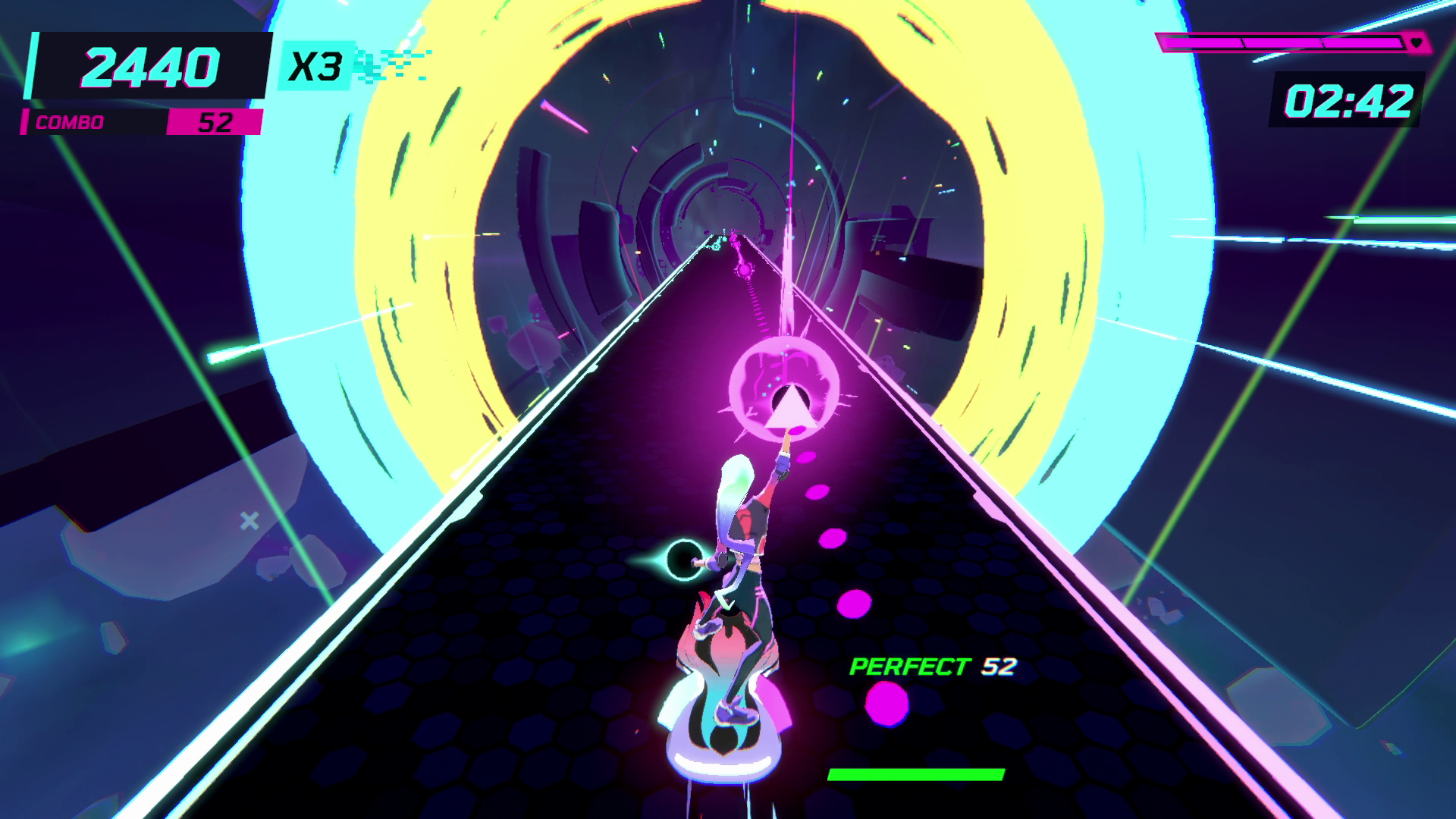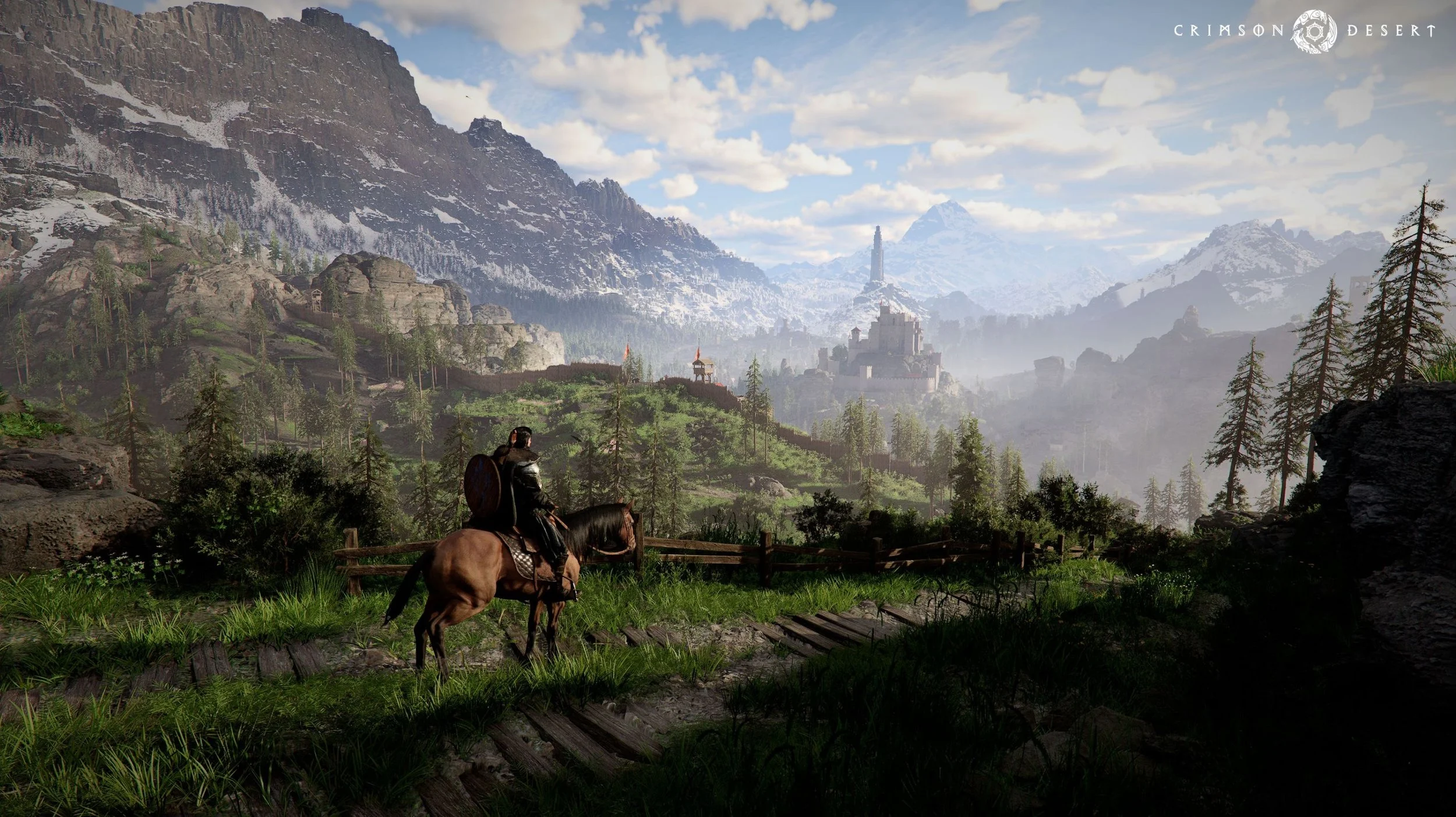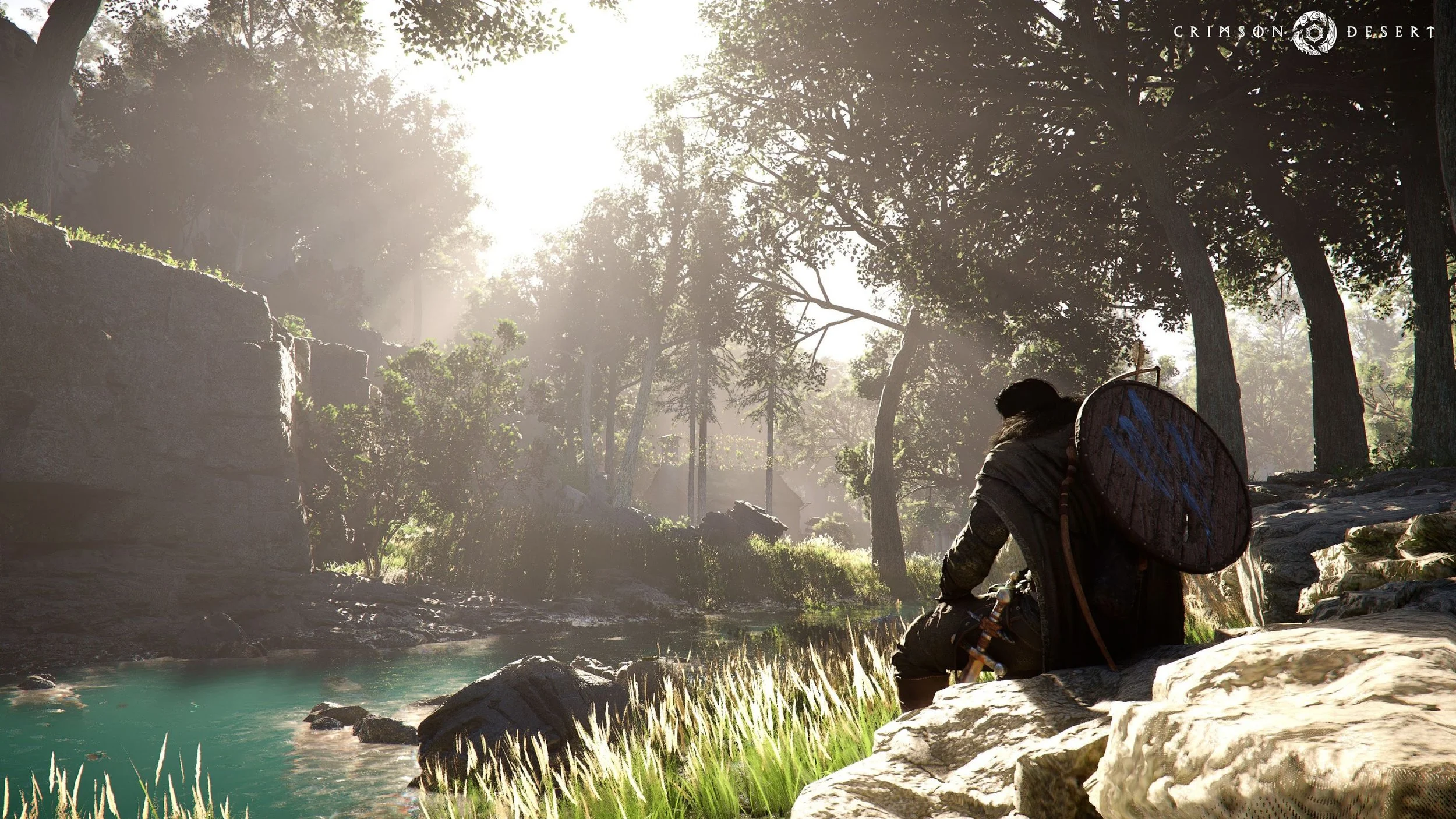Artificial Intelligence (AI) has touched virtually every industry, and gaming is no exception. Many would say AI has completely changed the gaming industry, proving to be one of the most important tools for game development and player experience we've seen in decades. AI has made it possible for developers to create everything from dynamic game environments to personalized interactions, transforming how games are designed and played.
Game developers have witnessed the benefits of AI firsthand and are using it to automate processes, streamline testing, and enhance creativity. While all this is happening, players are also benefiting from games that deliver tailored experiences that adapt to their in-game actions, preferences, and skill levels in real time, making the gaming experience even more enjoyable. What's most impressive is that AI in gaming is just getting started. Keep reading to learn how AI promises to shape the future of gaming.
Personalized Player Experiences
When you play a game, AI is busy in the background gathering data and analyzing your style to create adaptive gameplay experiences. This means your games can now change the difficulty level based on how you perform, so you don't get overwhelmed or frustrated if a certain level is too hard or become bored if you can breeze through a level with little resistance. AI also makes it possible for the storylines of a game to change based on how you interact with the environment so that each gaming experience is unique and engaging. In games like The Last of Us Part II, the game adjusts the behavior of non-player characters (NPCs) based on your skill level to make interactions more realistic and immersive.
You can see AI at work in online casinos, too. As one of the most popular card games in the world, it's no surprise that poker is one of the most commonly played games in casinos both online and offline. When players log onto these platforms, AI analyzes their behavior and preferences to bring them a customized gaming experience. If someone is a new player, AI algorithms might direct them to tutorials about poker hand rankings so they can learn about topics like four-of-a-kind and straight flush. Based on how a player interacts with the platform, AI might recommend specific games that match their interests.
AI in Game Development
Game development has always been a long and involved process, but, thanks to AI, developers have been able to automate complex tasks like procedural content generation (PCG) to cut down on the amount of time it takes to create new titles. With PCG, developers can make huge, dynamic game worlds with little manual input, freeing them up to focus on the creative aspects of game development.
Games like Call of Duty and Middle-Earth: Shadow of Mordor have used AI to generate detailed levels, landscapes, and even character models; this doesn't just cut back on how long it takes to develop a game but also gives players constantly changing new content. AI has also made game testing more efficient, providing game studios with automated testing tools powered by machine learning that simulate player actions, identify bugs, and suggest improvements.
Intelligent NPCs and Opponents
All gamers are familiar with NPCs, those characters that stand around not doing much more than follow scripted dialogues and who often seem to lack any real intelligence or initiative. While NPCs could be entertaining in the past, they never added much to the gameplay. That's all changing thanks to the introduction of AI-powered NPCS, who can hold meaningful conversations, adapt to player actions, and make autonomous decisions. If you've played games like The Sims and Second Life, you've seen how this works. In these titles, the NPCs do more than react; they can also influence the storyline and player outcomes, adding depth and complexity to the game.
The same goes for NPCs in multiplayer games, where they have the ability to learn from player strategies to adapt the gameplay so that it's more challenging and dynamic. These AI-driven adversaries can change over time to keep players on their toes and make sure they can never predict what they might do next.
